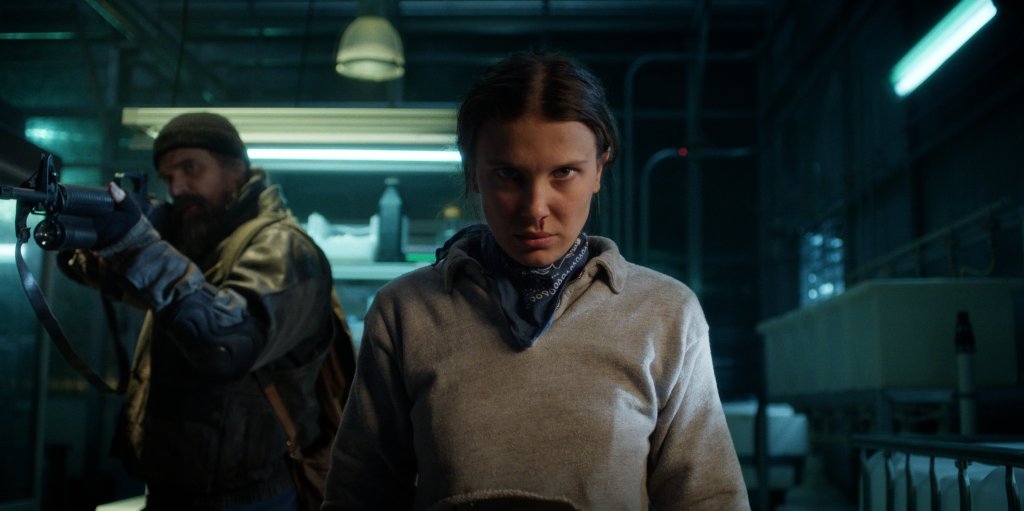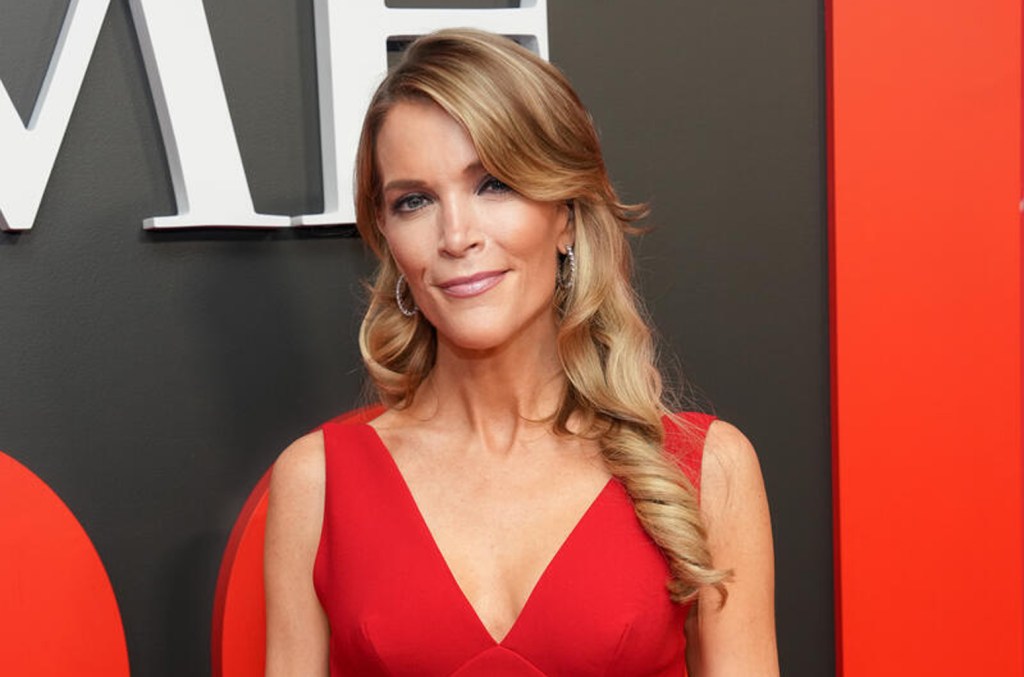How Taylor Swift’s Masters Battle Changed the Narrative Around Ownership for Artists
Written by djfrosty on June 2, 2025

Four years before Taylor Swift began her crusade to re-record new versions of her early albums so she could own the valuable master recordings, Bowling for Soup did the same. The pop-punk band put out Songs People Actually Liked — Volume 1, note-for-note copies of early quasi-hits such as “Girl All the Bad Guys Want” and “Punk Rock 101,” and justified it by telling fans they were more mature, better musicians and sought to “add some luster” to the originals.
The band conspicuously did not say the 2015 project’s main purpose was to secure the rights to those songs, boost streaming royalties and be able to license them to movies, ads and TV shows. At the time, that seemed crass. “We had to be very careful about never making our audience feel like we were taking advantage of them,” says Jaret Reddick, the band’s frontman, by phone from a Disney cruise with his family in Juneau, Alaska. “Shortly after that, Taylor Swift literally educates the entire music population on song ownership. She made it OK for all of us to re-record our stuff and everybody will back us. It was such a blessing.”
Trending on Billboard
Swift announced Friday (May 30) that she purchased the master recordings to her first six albums, from 2006’s Taylor Swift to 2017’s Reputation, from investment firm Shamrock Capital, for an undisclosed price. The sale was the end of a six-year crusade, after music mogul Scooter Braun bought the Nashville record company, Big Machine Label Group, which had released Swift’s original recordings. Angered that control of her catalog went to Braun, who’d worked with her enemy Kanye West, Swift tried and failed to buy back the recordings from Braun, then Shamrock, which bought them from Braun for what sources say was around $360 million.
Swift’s strategy — re-recording all six of those albums with most of the original musicians as “Taylor’s Versions,” convincing top radio stations to air them and streaming services to emphasize them in playlists while promoting them on her massive tours — has been influential, directly or indirectly, on other artists. It has also led to major labels overhauling their contracts to avoid anybody else replicating “Taylor’s Versions.” In part because Swift’s re-recordings have muted sales, streaming and licensing for the originals, all three major labels have recently overhauled their contracts to force artists to wait 10, 15 or even 30 years to re-record after departing their labels. “You try to put the shortest re-recording restriction you can get in the record contract — it used to be five years after release, but now I’ve found they’ve extended it to 10 years,” says Ben McLane, another music attorney.
Nonetheless, artists in the post-“Taylor’s Versions” age persist in following Swift’s lead: Pop-punk band Cartel recently announced it would release a re-recording of its 2005 album Chroma this September. “Artists are re-recording their masters more frequently than they were,” says Josh Karp, a lawyer who represents Cartel and other artists. “Part of that is definitely that Taylor shined a big bright light on it and showed it could be done successfully.”
Long before Swift, Frank Sinatra, Little Richard, Chuck Berry and many others re-recorded their hits to claim financial control, and the process still happens today, with or without Swift’s influence. Switchfoot put out a new version of its 2003 breakthrough The Beautiful Letdown 20 years later; TLC, Wheatus and Paris Hilton have done the same in recent years; and Ashanti announced in 2022 that Swift inspired her to begin a similar project. “It’s also a technological issue,” Karp says. “It’s simply easier to record now than it was 10, 20, 30 years ago.”
Swift’s crusade, according to Gandhar Savur, a music attorney, has helped young artists better understand the benefits of signing label licensing deals rather than ownership deals. In the former, artists retain control of their recordings, although they’re unlikely to get an advance payment from a label to fund an expensive recording project; in the latter, the label pays out that advance money in exchange for ownership of the recordings for as long as several decades. “Historically, artists have said, ‘Don’t give away your publishing,’ and that message has gotten across. Now I feel like artists are starting to feel that way about their recordings as well,” Savur says. “Part of that is a result of big stories and big headlines and Taylor Swift and whoever else talking about the importance of owning their recordings.”
After Wheatus finished re-recording its 1999 alt-rock hit “Teenage Dirtbag” in April 2020, and it went viral on TikTok and Instagram during the pandemic lockdown, the new master generated nearly $25,000 for singer-songwriter Brendan Brown, according to Billboard estimates in 2023. Although Swift did not inspire the new version — that would have been original label Sony Music’s losing the master recordings, according to Brown — the singer-songwriter has praised Swift for raising the issue. “I would love to see the contract,” Brown said by phone from a tour bus en route to New Jersey after Swift’s announcement Friday. “But generally the answer is, ‘Yeah. Nice job. Get ’em.’”

 State Champ Radio
State Champ Radio 





